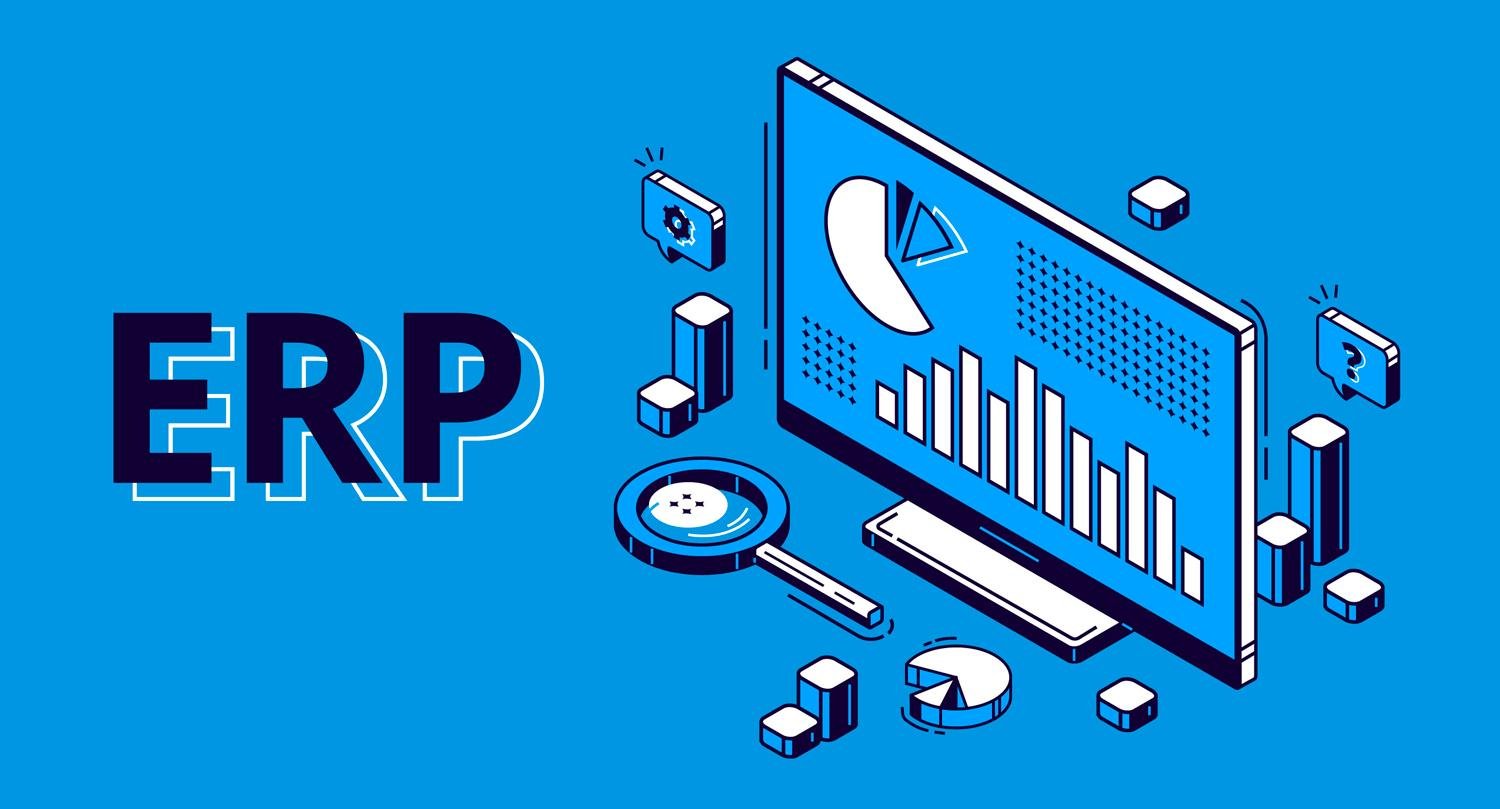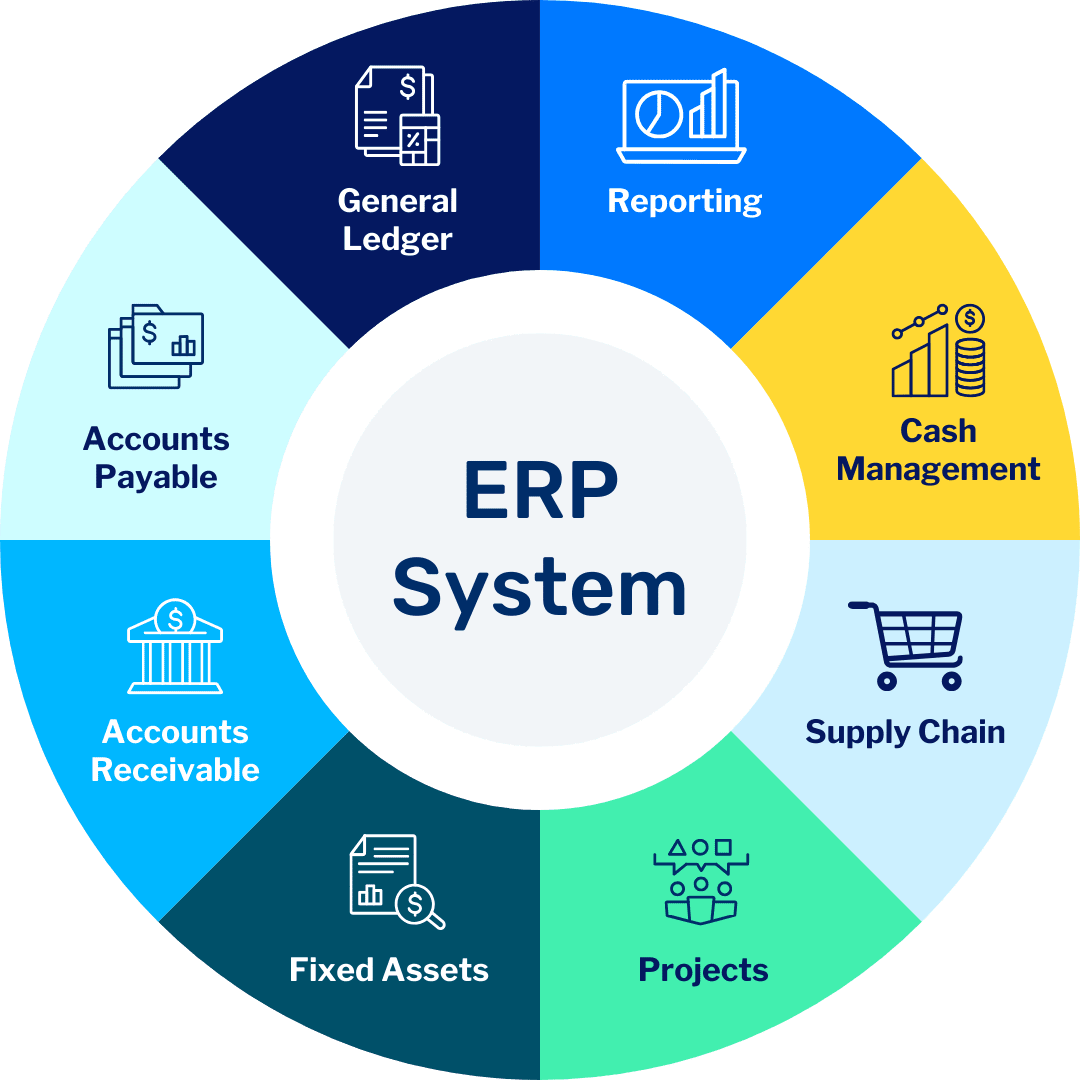Posted At: Oct 01, 2025 - 54 Views

How ERPs Have Transformed Companies in the Modern Business Era

What is an ERP?
An Enterprise Resource Planning (ERP) system is software that integrates the core processes of a business into a single, centralized platform. It connects departments such as finance, sales, inventory, human resources, and supply chain management, enabling organizations to streamline workflows and share data in real-time. By consolidating operations into one system, ERPs reduce errors, improve efficiency, and provide leaders with actionable insights to make informed decisions.
The Role of ERPs in Modern Businesses
Before ERP systems, companies often relied on separate applications for different departments, leading to fragmented data and delayed decision-making. ERPs solve this problem by creating a unified platform where information flows seamlessly across the organization. This integration allows businesses to monitor operations in real-time, anticipate challenges, and respond proactively, which is critical in today’s fast-paced business environment.
Real-World Examples of ERP Transformation

Amazon
Amazon uses ERP systems to manage its enormous supply chain and inventory across the globe. By integrating ERP software with logistics and warehouse management, the company ensures fast order fulfillment, reduces errors, and optimizes storage and delivery. ERP analytics also allow Amazon to predict demand and adjust inventory levels accordingly, maintaining a seamless customer experience.
Toyota

Toyota, a leader in the automotive industry, employs ERP solutions to streamline manufacturing and supply chain operations. The system optimizes production schedules, coordinates suppliers, and reduces waste. With ERP integration, Toyota maintains high-quality standards and meets tight delivery timelines, showcasing the value of ERP in manufacturing efficiency.
Coca-Cola

Coca-Cola utilizes ERP systems to manage complex global operations, including finance, procurement, and distribution. By consolidating data from multiple regions, the company improves reporting accuracy, resource allocation, and compliance with local regulations. ERP tools allow Coca-Cola to operate efficiently in over 200 countries while maintaining consistent business processes.
Key Benefits of ERPs
The adoption of ERP systems provides businesses with numerous advantages:
- Centralized Data Management: All departments share one system, reducing redundancy and ensuring consistent information.
- Operational Efficiency: Automated processes and real-time monitoring enhance productivity and reduce human errors.
- Informed Decision-Making: Dashboards and reporting tools provide executives with actionable insights to guide strategy.
- Scalability: ERPs grow with the business, adding modules and features as operations expand.
- Regulatory Compliance: Standardized processes help organizations meet local and international regulations.
How ERPs Are Shaping the Future
Modern ERP systems go beyond simple integration. Cloud-based platforms, artificial intelligence, and machine learning allow ERPs to provide predictive analytics, advanced reporting, and mobile accessibility. Businesses that adopt these solutions gain a competitive edge through enhanced agility, cost reduction, and improved customer satisfaction.
How OpenSales ERP Stands Out

For companies seeking a flexible, all-in-one ERP solution, OpenSales ERP offers tools to manage sales, inventory, finance, and customer relationships from a single platform. With real-time analytics, automation features, and an intuitive interface, OpenSales simplifies complex workflows and helps businesses focus on growth. Implementing OpenSales ERP ensures smoother operations, better insights, and the ability to scale efficiently in a competitive market.
In conclusion, ERP systems have fundamentally transformed how companies operate, enabling efficiency, transparency, and strategic growth. Real-world examples from Amazon, Toyota, and Coca-Cola demonstrate the tangible benefits of ERP adoption. By choosing OpenSales ERP, businesses can continue this transformation, optimizing operations while positioning themselves for long-term success.